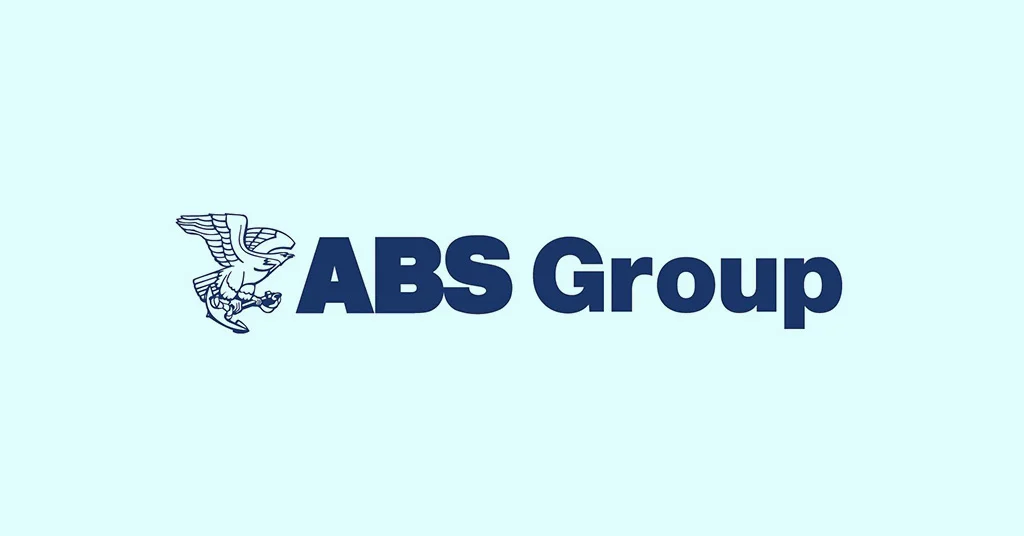Welcome To ChemAnalyst

In accordance with this agreement, the involved parties have outlined their intentions to collaboratively design and construct a 40-seat tourist vessel. This innovative vessel is slated to feature electric propulsion, harnessing the power of a 350-kilowatt hydrogen fuel cell.
The development of this zero-emission vessel is a noteworthy addition to the realm of research, development, and demonstration (RD&D) projects, aligning seamlessly with South Korea's comprehensive national hydrogen strategy. This strategic endeavor reflects the country's commitment to advancing sustainable and environment-friendly solutions, particularly in the maritime sector.
The vessel in question represents a significant leap forward in terms of green technology adoption in the tourism sector. By utilizing electric propulsion driven by a potent 350-kilowatt hydrogen fuel cell, this innovative vessel is poised to deliver a remarkable zero-emission performance. The integration of hydrogen as the primary power source underscores a commitment to clean energy solutions and sustainable tourism practices.
As the world grapples with pressing environmental concerns, such as climate change and air pollution, initiatives like this one take on added significance. By investing in the development of hydrogen-powered vessels, South Korea is not only contributing to the reduction of harmful emissions but also paving the way for a more sustainable and responsible tourism industry.
The 40-seat tourist vessel, driven by electric propulsion powered by a 350-kilowatt hydrogen fuel cell, epitomizes the kind of innovation that can drive positive change in the maritime industry. By showcasing the feasibility and effectiveness of hydrogen as a clean energy source for vessels, this project serves as a valuable case study for potential future applications in marine transportation.
Furthermore, this endeavor falls perfectly in line with South Korea's broader national hydrogen strategy. The country has recognized the pivotal role that hydrogen can play in achieving its sustainability and environmental goals. Consequently, it has made substantial investments in the development and deployment of hydrogen technologies across various sectors.
In conclusion, the collaboration between the involved parties to develop a 40-seat tourist vessel powered by a 350-kilowatt hydrogen fuel cell is a commendable effort in the pursuit of sustainable and environmentally friendly maritime solutions. This project not only aligns with South Korea's national hydrogen strategy but also exemplifies the kind of innovation needed to combat climate change and reduce emissions in the tourism industry. By investing in hydrogen-powered vessels and clean energy technologies, South Korea is setting an example for responsible and eco-conscious tourism practices that can have a positive impact on a global scale.
We use cookies to deliver the best possible experience on our website. To learn more, visit our Privacy Policy. By continuing to use this site or by closing this box, you consent to our use of cookies. More info.
